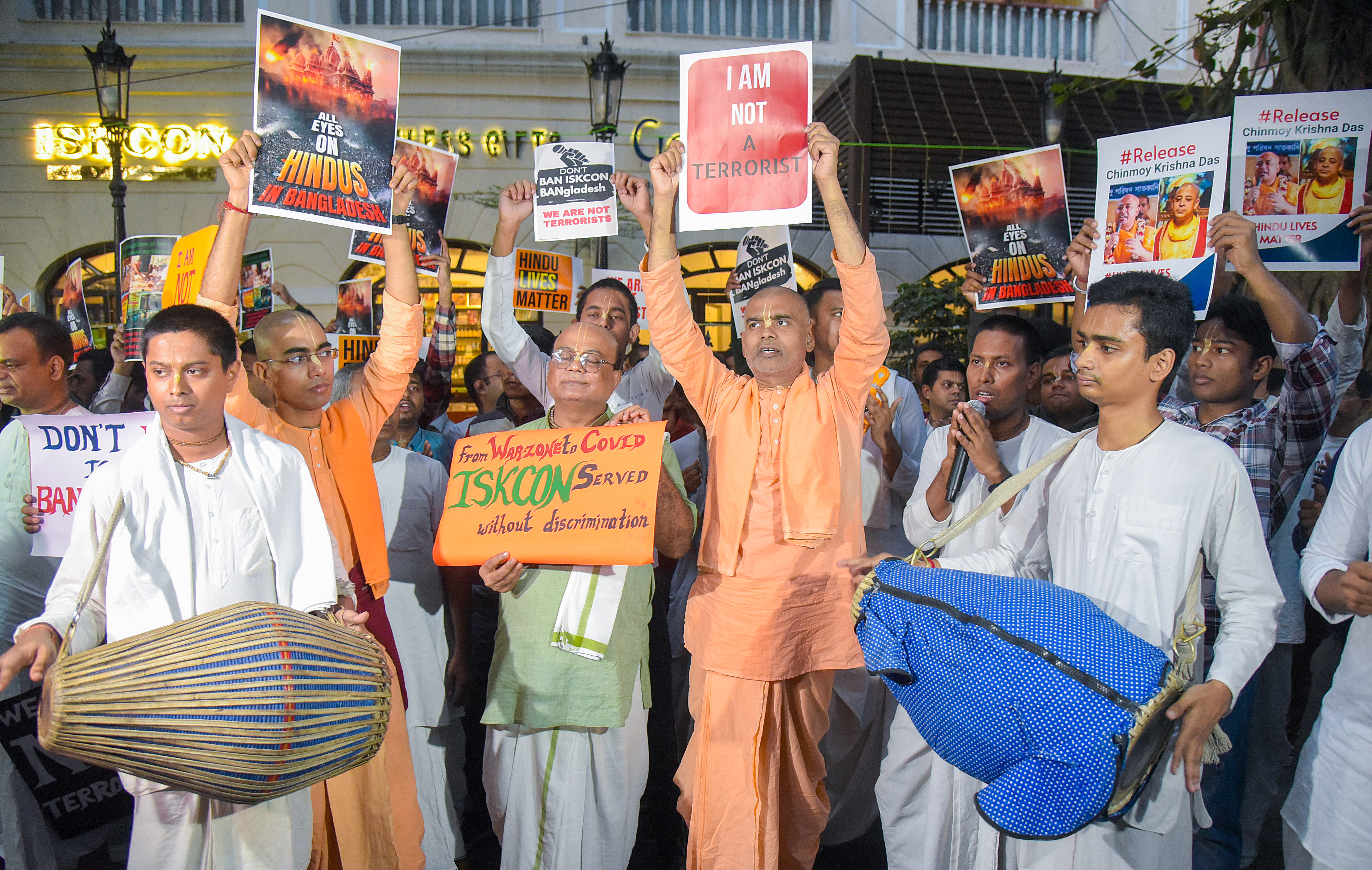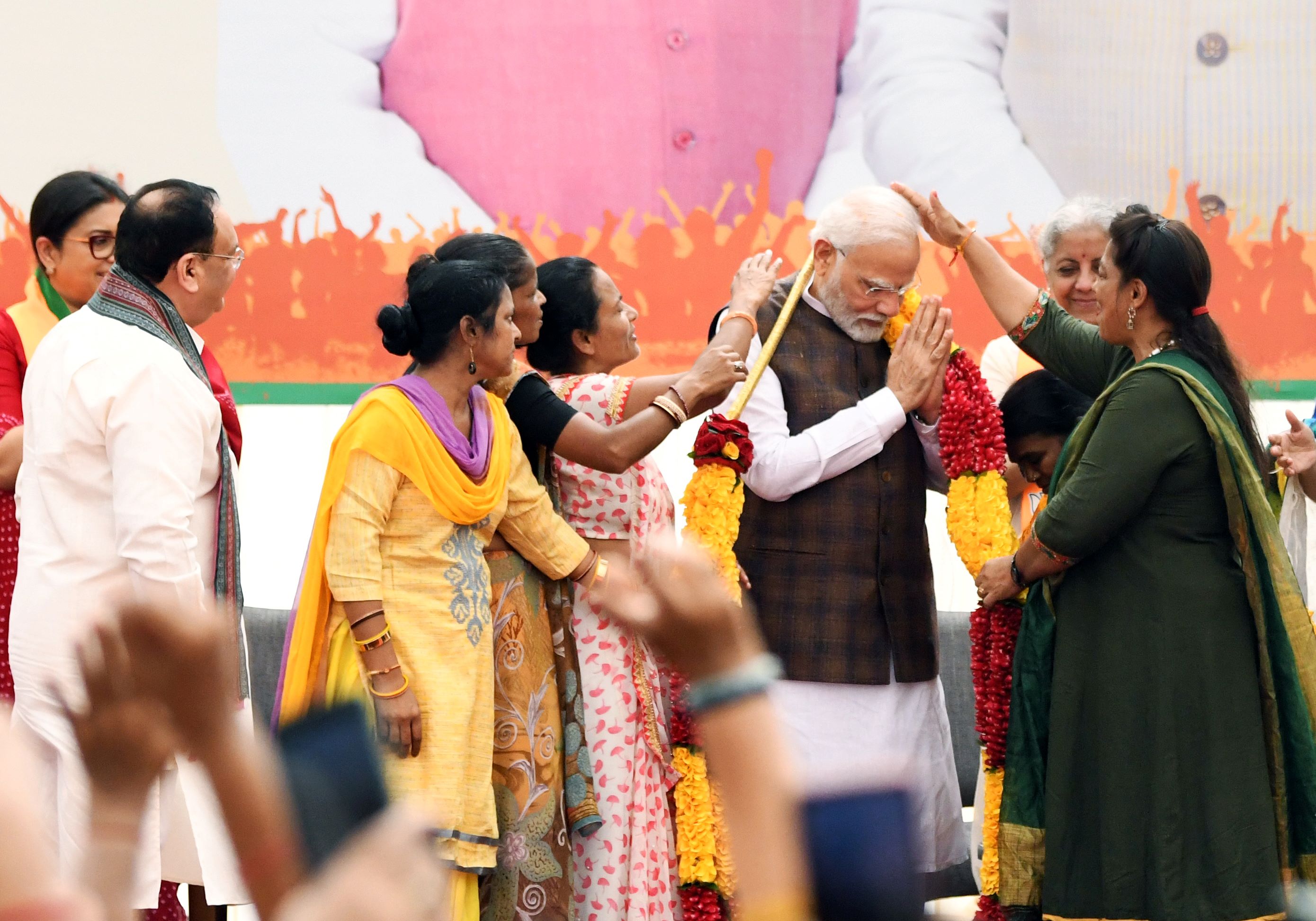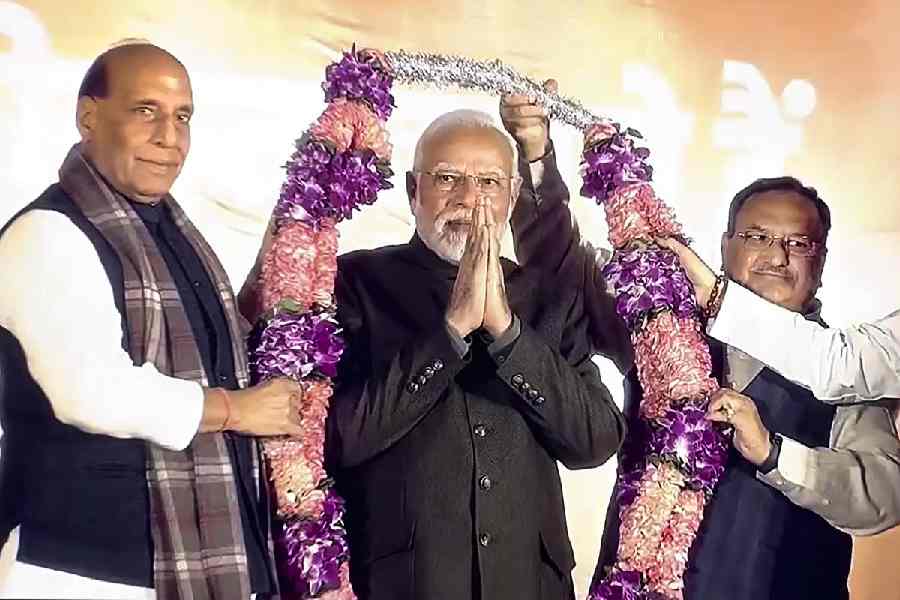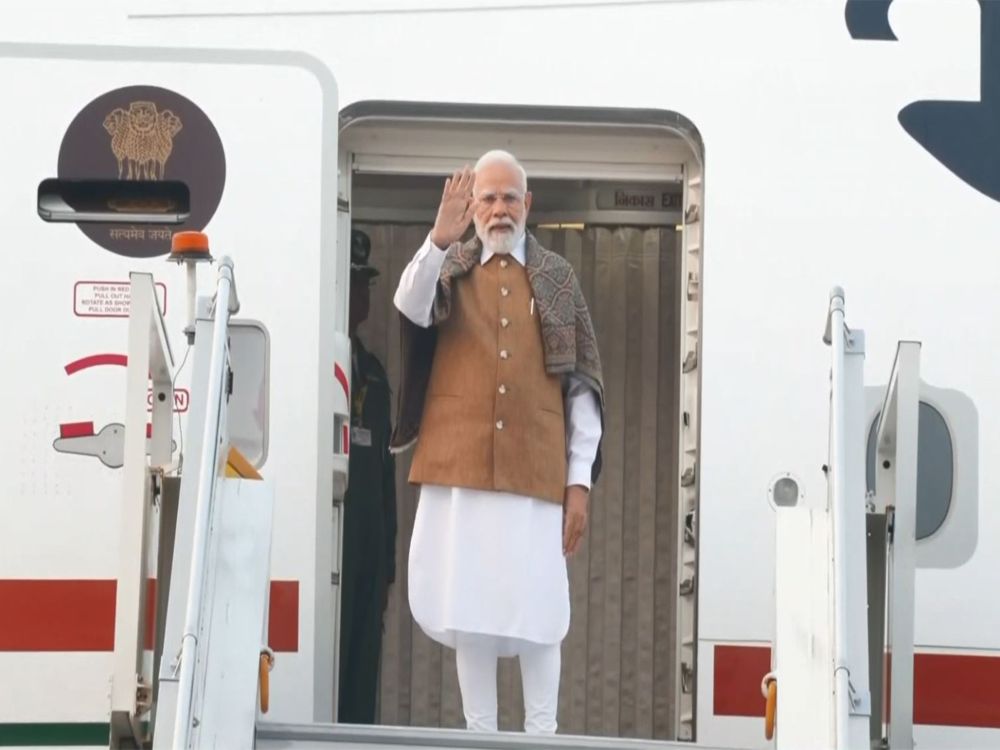“Learn how to balance your dreams and current reality”
Sanjay Nagi did his Mechanical Engineering from IITR in 1983 and started his career with Larsen & Toubro Limited. Since 1993, he has been a serial entrepreneur. Sanjay is credited with the development of the first Customer Satisfaction Index in India which has been used by almost every market leader in the corporate sector to improve interfaces with their customers – from TATA to Godrej to Aditya Birla to BEL – every market leader has used these Indices to improve customer interfaces and take vital strategic decisions around sustainable value creation. Sanjay has assisted Mahindra & Mahindra to get the coveted Deming Award by developing a Supplier Satisfaction Index for them. After India privatized airports in 2006, Sanjay has been co – working with the Aviation industry in enhancing pax satisfaction as well as assisting revenue enhancement – GMR, GVK, CIAL, BIAL and now Adani – all private players are patrons of his Decision Support Models.
More than 75 global companies including market leaders like Caterpillar, DSM, Glanbia, Toyota, Mitek (a Hathaway Berkshire company) have used Decision Support models of Sanjay to either enter India or enhance their Indian business – these cut across country and sector and this unique ability to provide incisive Decision Support Research across industrial, consumer, luxury and social sectors is a unique hallmark.
Sanjay regularly mentors young Start-ups – many of them from the IIT community on Go To Market and Business Models – sometimes in just 2 meetings he is able to redraw the contours of the manner the Founder should approach the market. He has developed a Decision Support Model for Start-up curation and is currently curating more than 25 Start-ups in diverse lines ranging from Biotech to clean beauty to Edtech, to fleet management to nutrition to personality to gamification etc. His work on Innovation research and assessment is unparalleled in India – ranging from proving along with IIMB that the country’s competitiveness is dependent on Innovation rather than SCM or Productivity to Decision Support on India’s first dialysis centre outside a hospital to the relationship of R&D with Innovation. Sanjay Nagi is also mentor to AICTE, GOI, TIDES, IITR and BSE Ryreson Incubator. He has been deeply involved in IIT Alumni Council initiatives.
In an interview with The Indian EYE, Sanjay Nagi spoke about his life, work and outlook. Excerpts:
You introduce yourself as a Decision Support Consultant. What exactly does this mean to a client and how are you differentiated as compared to a research professional?
Every client takes a decision in a unique context and it would be virtually impossible that the same decision is made by a diverse set of clients or start-ups in a uniform manner. A research professional will focus on the decision, develop a research design, and deliver a fairly Me- Too Solution that will typically be same across different clients for a unique context. A Decision Support Researcher or consultant will more focus on the unique context in which a client is, understand the drivers, motivations, apparent implementation readiness before he designs a research which could fulfil a client’s or a Government’s need. That is the critical difference – and therefore Decision Support is a mix of a science and art curated over experience.
Before we come to Start ups, can you give us one or two case studies of how Decision Support can benefit a Government in its policy making?
Let me take a clear national imperative of boosting Innovation and give you 2 examples of how Decision Support could possibly assist the Government at large. Obviously the GOI recognizes that Innovation is the source of a country’s competitiveness and various national initiatives have been taken to further this – one Decision Support I was involved was the relationship between R&D and Innovation.
While the GOI wants Innovation, it typically funds R&D and there was no known correlation between R&D and Innovation which I assisted the GOI to do. So now we know how much % of R&D results in Innovation and which sectors lead and which lag, which regions lag etc. This can assist Policy planning and while I cannot give you figures – R&D is rather poorly correlated to Innovation in India which is sad.
Another area is how to boost the eco system in a local region that supports Innovation – so it is interesting to do a contrast analysis between a 2 eco systems to derive learning frameworks to boost innovation
I can go on and on but let’s move ahead.
Now let’s go to Start ups. Without doubting your ability to assist a Start-up through and on decision Support- how does it pan out – why would they agree with you in the first place?
Yes, this difference between the aspiration and current thought of a Founder with which he/ she has been sleeping and what I believe as a mentor, will manifest as higher and sustainable value for the enterprise does require a bit of “selling” – what makes it easier is that they see positive intent – what makes it difficult is the fact that many times they cannot either see so much into the future or process data in their minds in the manners we can. I have had a 95% success rate – in some cases even transforming the entire business thought out by the Founder and they have happily agreed as I was able to first make them realize the limitations of what they were thinking – a kind of a make their minds empty first – then fill it with a vision pretty much triangulated with their competence and starting idea but totally altered on the impacts. Just about 5% somehow cannot bring themselves to doing what we suggest have limitations of cash flow or cash burns that do not allow them to take the strategy suggested by a mentor.
As a parting thought, what would you like to advise any Start up in general?
Well, it is difficult to generalize but three definite points: One- Spend as much thought on Knowing yourself as you do on your business; Two- Develop the larger perspective and ability to see your Start up from the outside; and Three – Learn how to balance your dreams and current reality.


























